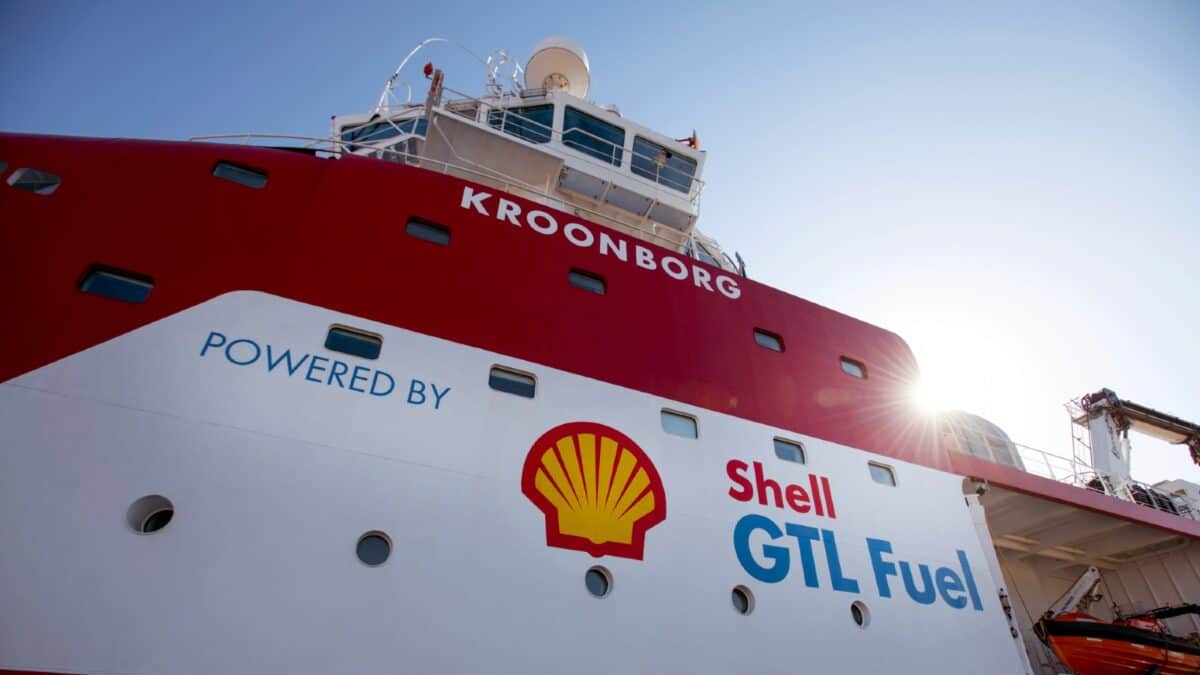Last year saw the FTSE 100 flagship of top UK shares hit an all-time high. This week, the lead index passed the 8,000 level at one point. The stock market is close to hitting record territory here.
Does it mean that shares are on a tear and we could see a new boom? Or might the opposite be true? Valuations are getting frothy and could soon fall.
I do not know what will happen next – no one does. But thinking through the options could help me as I decide how best to invest my portfolio to try and build wealth.
Possible crash on the way?
What goes up must come down, as the old saying goes. Using that as a broad principle rather than specific one in this case, we know that the stock market (like the economy) runs in cycles. Things go up, then they go down. Usually, that process repeats over the course of time.
But the timeline involved can vary from hours to decades, or more. Nor is a cycle necessarily balanced. There is never any guarantee a stock market index will get back precisely to where it once stood.
Still, when a benchmark index such as the FTSE 100 hits a new high, it does raise a question of whether valuations are stretched compared to the likely long-term value of the shares.
Reasons to be cheerful
In this cas however, I think that many corners of the UK stock market continue to look undervalued.
Take the FTSE 100 company with the highest market capitalisation as an example: Shell (LSE: SHEL). The company has a massive market-cap of £177bn. But it trades on a price-to-earnings (P/E) ratio of 12. Over the past five years, the Shell share price has moved up 11%.
Taken in isolation, neither of those facts suggests to me that Shell is obviously overvalued.
In fact, for a blue-chip company that is massively profitable, has a strong brand, owns enormous energy reserves and offers a dividend yield of 3.7% (the same as the FTSE 100 average), I think that P/E ratio actually looks fairly cheap.
Energy earnings can be volatile though. While Brent crude currently sells for over $80 a barrel, it has been half that price several times over the past decade. In 2020, it collapsed and at one point, all-be-it briefly, even fell below zero for certain contracts (meaning you literally could not give the stuff away).
While that was unprecedented, price volatility remains an ongoing risk due to factors like geopolitical concerns.
Careful selection of shares to buy
Despite that, I think Shell shares look attractively priced today (though I do not plan to buy any).
In fact, despite the FTSE 100’s near-record high, I think the UK stock market continues to offer attractive valuations for dozens or even hundreds of shares.
The market could still move significantly higher from here, in my opinion. If the economic recovery is strong enough, it could even soar in coming years – though the opposite could happen too.
The point, as I see it, is to step away from the whole index. Instead, I am hunting for bargains by considering the valuation of individual shares.
After all, that is what I am looking to snap up!







